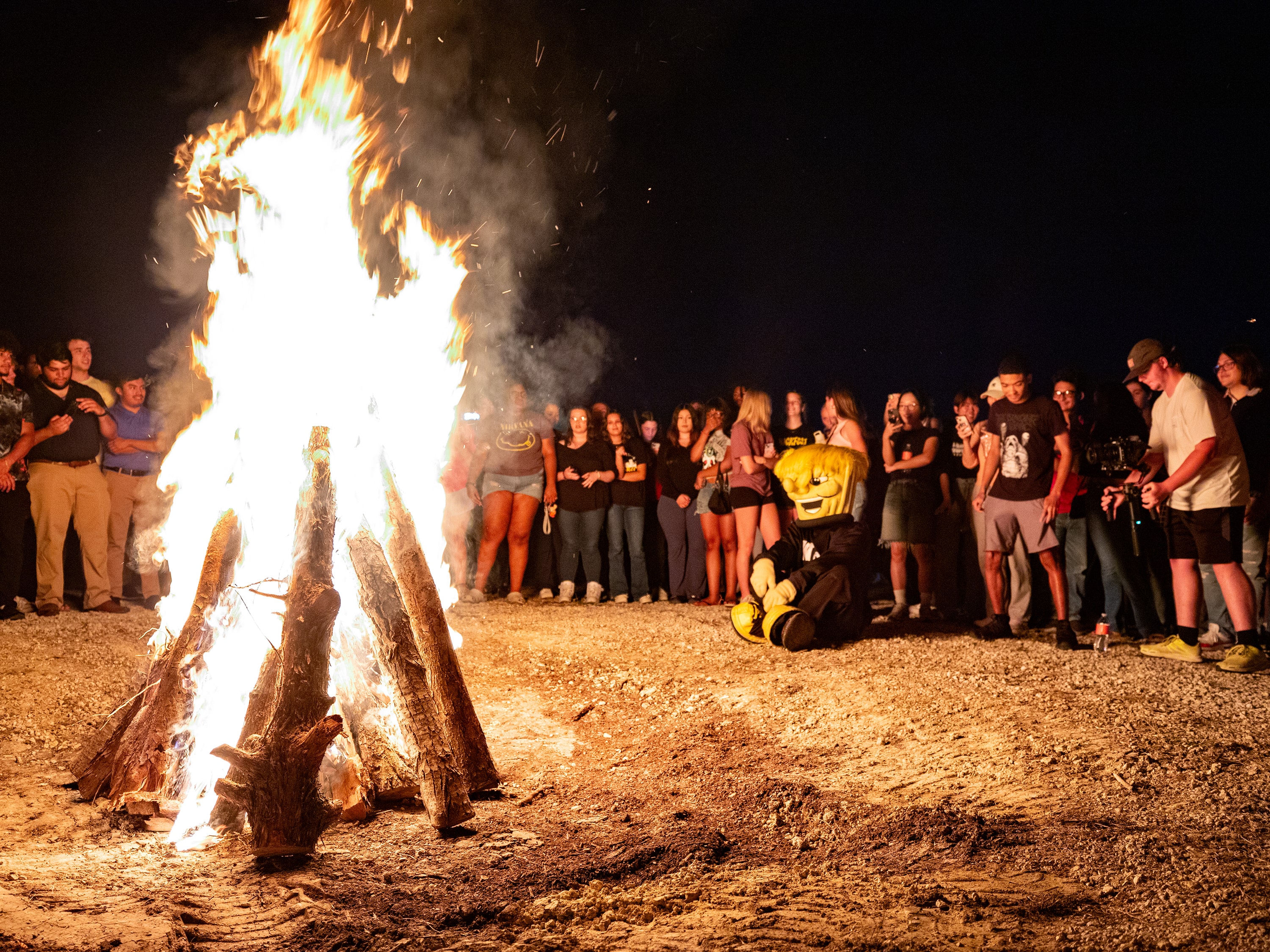
Student Engagement & Belonging is a department in the Division of Student Affairs and aims to connect every student with opportunities to enhance their Shocker experience.
STUDENT ENGAGEMENT & BELONGING
Main Office | Rhatigan Student Center, Room 216
seb@wichita.edu
(316) 978-3022
CONNECT WITH US